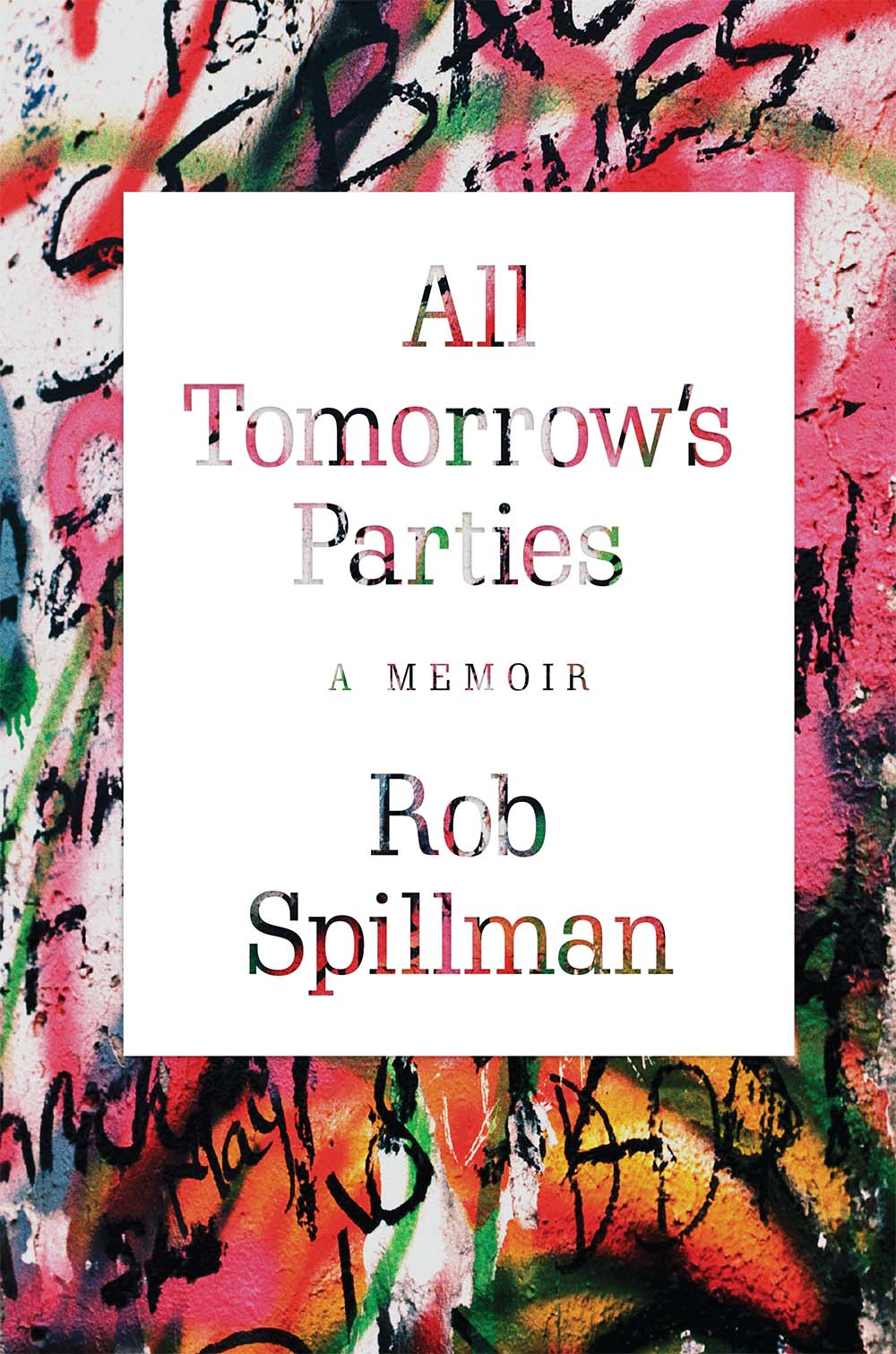
All Tomorrow's Parties
A Memoir
کتاب های مرتبط
- اطلاعات
- نقد و بررسی
- دیدگاه کاربران
نقد و بررسی

Starred review from February 1, 2016
In this carefully wrought coming-of-age memoir, a young American writer searches for home in an unlikely place: East Berlin immediately after the fall of the wall. Tin House editor Spillman, who spent his first eight years in West Berlin, recounts his 1990 return with his wife, the writer Elissa Schappell, seeking the heady air of East Berlin, where skinheads battle anarchists while talk of radical art and politics fills the seedy bars and underground raves. As their money dwindles, Schappell’s enthusiasm for the melodramatic atmosphere and their threadbare squat wanes, and she pulls away from Spillman’s literary romanticism. Interspersed are scenes from Spillman’s youth, as he bounces between his divorced American parents, weathers his father’s struggle with his own homosexuality, sings in opera productions at music festivals, disdains his schoolmates, and longs for a life that matches his nonconformist self-image. Spillman describes a hilarious attempt to get a Communist laundry to wash his clothes, which requires negotiations, inspections, and an eight-day wait. Ultimately, his is a quest of roots and writerly authenticity—and his evocation of East Berlin’s last days is exquisite and revealing.

Starred review from January 15, 2016
The lively debut memoir by a Tin House magazine co-founding editor about growing up in West Berlin then returning as an adult to post-Soviet-era East Berlin to find artistic purpose. In 1964, Spillman's parents went to Berlin on Fulbright scholarships to study music. When they separated a few years later, they decided that their small son would live with his closeted gay father. Surrounded by reminders of the Cold War--such as the Berlin Wall and a "giant U.S. Army base"--Spillman became immersed in a colorfully creative world of artists who hailed from all over the world. He and his father left only after the latter accepted a teaching position at the Eastman School of Music in New York. A perpetual outsider who felt at home nowhere, Spillman "read...to escape...but also to find myself," especially after he went to live with his mother in Baltimore. During this period, the author also took up running and experimented with drugs. On the way to figuring out that he wanted to write, Spillman failed out of college once before finishing and survived three major car crashes. In New York City, he met his future wife, Elissa, and embarked on Kerouac-esque travel adventures in the U.S., Portugal, and then the former East Berlin, which had become a "petri dish of creation and foment, a rubble field in which to create a new life with the woman I loved." Yet for all its familiarity, flaws, and youthful energy, the city never completely felt like home to Spillman, who decided to stop running away from himself and his life only after a brush with near tragedy. Musically and culturally astute, this well-structured book is a delightful coming-of-age story couched within a travel narrative that deftly evokes one of the major historical moments of the 20th century. A richly detailed and always engaging memoir on artistic discovery.
COPYRIGHT(2016) Kirkus Reviews, ALL RIGHTS RESERVED.

Starred review from March 15, 2016
A makeshift rave in an abandoned subway station under the Berlin Wall seemed unimaginable, until it wasn't. So begins Spillman's memoir. Cofounders of the literary magazine, Tin House, Spillman and his wife, Elissa Schappell (Blueprints for Building Better Girls, 2011), are living in East Berlin after the fall of Soviet control and before reunification with the West. It's a no-man's land in time and space. Anarchy reigns, but so does the magnetic force drawing Spillman back to the city of his childhood. Chapters effectively alternate between vignettes of his childhood with musician parents and his adult journey back to home. Spillman recounts his nomadic youth, shuttling between summers at musical festivals with his father and Baltimore, where he struggles to fit into his mother's new life. Lifelong exposure to passionate artists may have fueled his creativity, but an existential dread that he won't find passion in his own life gnaws at him. He survives multiple car crashes, detailed with morbid detachment, and other teen indiscretions while learning essential truths about his parents that change the way he thinks about himself. This is the story of formative years spent struggling to fully embrace life at the crossroads of history, art, home, and family.(Reprinted with permission of Booklist, copyright 2016, American Library Association.)

























دیدگاه کاربران